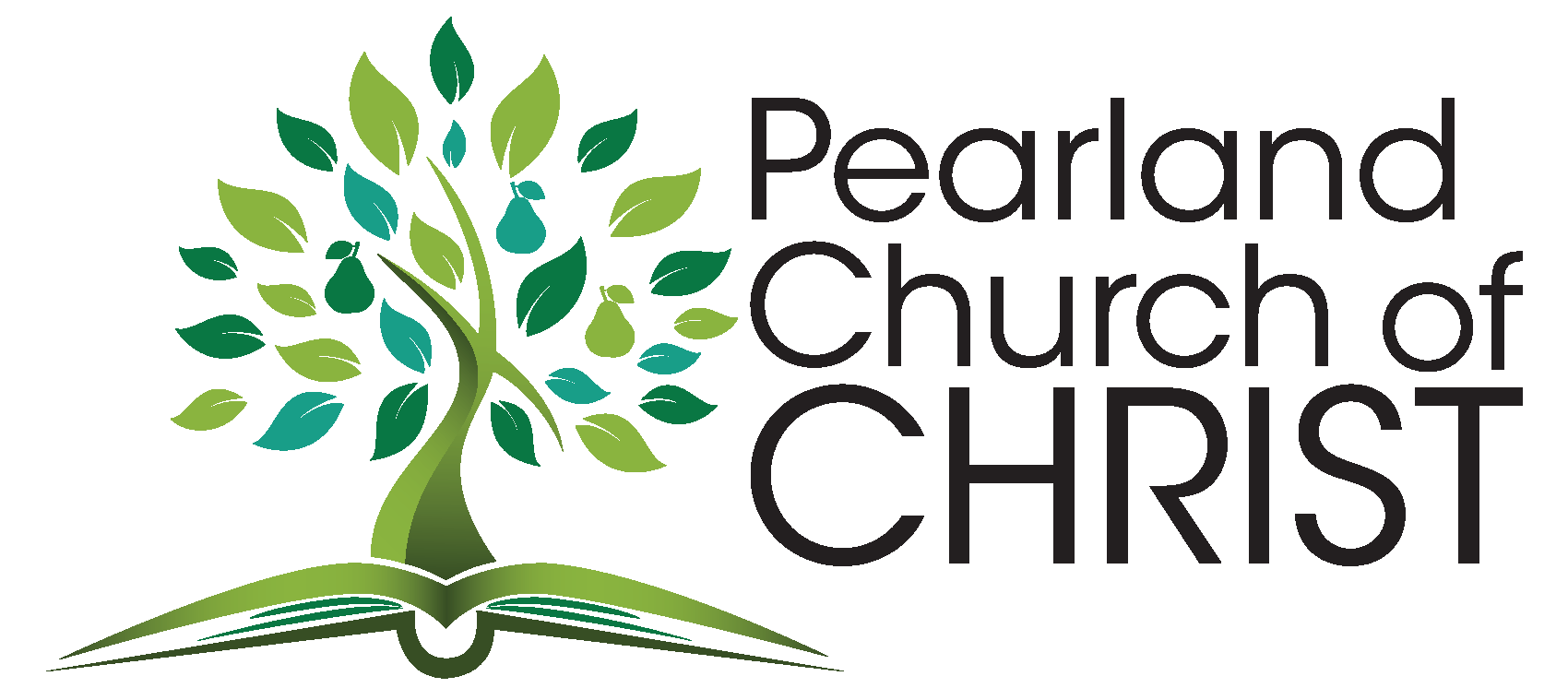“Pilate said to Him, “What is truth?” And when he had said this, he went out again to the Jews, and said to them, “I find no fault in Him at all.” (John 18:38)
This is a question that many people ask. In various settings of conversations and ideologies, truth is truth. Concerning the world around us, what goes up must come down is the truth of gravity. A basic human truth is that blood is the source of our physical life. If you lose too much blood for any reason, you will die. People understand what truth is, and people understand how to find truth when it comes to their own wants. For example, people who love sports understand the rules of their chosen sport because they have studied the rulebook and understand the nature of the game they love. People who become lawyers go to lawbooks to understand the truth of the law which they serve. Therefore, people who are asking the question what is truth, from a theological perspective, must go to the Bible wherein truth is found.
Pilate asked the question “what is truth” because he was in the great dilemma of choosing what to do with Jesus Christ. He thought it was necessary to understand this great concept to make a righteous decision concerning the verdict that he would send down on Jesus. Pressed on all sides to make the right decision, he had to consider the Jews’ response to his decision, the gentiles’ response to his decision, the disciples of Christ’s response to his decision, and seemingly his family’s response to his decision: “While he was sitting on the judgment seat, his wife sent to him, saying, “Have nothing to do with that just Man, for I have suffered many things today in a dream because of Him.” (Matthew 27:19). With such gravity for one verdict, it was no wonder he asked the question, “what is truth?”
Pilot understood clearly that theological truth is different from secular truth in man’s understanding. This is apparent by his statement to the Jews, “Then Pilate said to them, “You take Him and judge Him according to your law.” (John 18:31). The law that Pilate was referring to was God’s Holy Word that the Jews lived by.
When an individual asks the question, “what is truth”, and they are referring to finding information about God the Father, Salvation, the church, and Jesus Christ, one must refer to God’s Word alone. Jesus clearly states in John 17:17 that God’s Word is truth and, therefore, it is the source of truth. “Sanctify them by Your truth. Your word is truth.” (John 17:17). Jesus would understand very well where truth comes from as he was sent by God to be our truth. “And the Word became flesh and dwelt among us, and we beheld His glory, the glory as of the only begotten of the Father, full of grace and truth.” (John 1:14)
In God’s Word we will find the answers that we are searching for if we handle the truth correctly. What I mean by correctly is, letting God’s Word speak for itself and us not performing eisegesis for our own understanding and wants.
Understanding that God’s Word is the Truth, we then have the responsibility to handle Truth correctly. 2 Timothy 2:15 “Be diligent to present yourself approved to God, a worker who does not need to be ashamed, rightly dividing the word of truth.”
Every aspect of Christianity depends on us understanding the truth. From worship to study in the Word of God, one must believe and hold the Word of God as the ultimate authority of truth for Christianity.
IN REFERENCE TO WORSHIP:
“God is Spirit, and those who worship Him must worship in spirit and truth.” (John 4:24)
IN REFERENCE TO FINDING OUR WAY TO HEAVEN:
“Jesus said to him, “I am the way, the truth, and the life. No one comes to the Father except through Me.” (John 14:6)
IN REFERENCE TO GOD’S GUIDANCE:
“Lead me in Your truth and teach me, For You are the God of my salvation;
On You I wait all the day.” (Psalm 25:5)
IN REFERENCE TO DRAWING NEAR TO GOD:
“The Lord is near to all who call upon Him, To all who call upon Him in truth.” (Psalm 14:18)
IN REFERENCE TO BEING SET FREE FROM BONDAGE:
“And you shall know the truth, and the truth shall make you free.” (John 8:32)
IN REFERENCE TO SALVATION:
“ In Him you also trusted, after you heard the word of truth, the gospel of your salvation; in whom also, having believed, you were sealed with the Holy Spirit of promise,” (Ephesians 1:13)
IN REFERENCE TO UNDERSTANDING LOVE:
(Love) “does not rejoice in iniquity, but rejoices in the truth;” (1 Corinthians 13:6)
IN REFERENCE TO OUR EVERY ACTION:
“And whatever you do in word or deed, do all in the name of the Lord Jesus, giving thanks to God the Father through Him.” (Colossians 3:17)
“My little children, let us not love in word or in tongue, but in deed and in truth.” (1 John 3:18)
IN REFERENCE TO UNDERSTANDING WE ARE SINNERS:
“If we say that we have no sin, we deceive ourselves, and the truth is not in us.” (1 John 1:8)
There are many more references that we could look at, but it’s important to remember that truth is a part of our armor and must be worn every day. ”Stand therefore, having girded your waist with truth, having put on the breastplate of righteousness,” (Ephesians 6:14)
We must stand for the truth, we must guard the truth, we must live by the truth, and we must contend for the truth! Remember this: without God’s truth, we would be lost and separated from His great love.
“For God so loved the world that He gave His only begotten Son, that whoever believes in Him should not perish but have everlasting life.” (John 3:16)
